
1041 vs 706
Are you torn between filing a 1041 or 706 form? Let’s break down the differences between the two to help you navigate the complex world of estate taxes and trusts.
Blog

Are you torn between filing a 1041 or 706 form? Let’s break down the differences between the two to help you navigate the complex world of estate taxes and trusts.
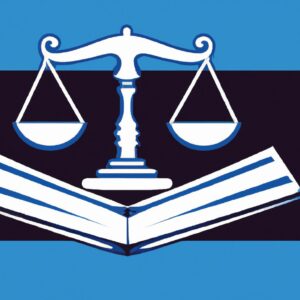
When faced with an unexpected inheritance, some may choose to disclaim their rights to the assets. This can be a strategic move to avoid potential tax implications or unwanted responsibilities. Find out more about the process of disclaiming an inheritance in this article.

Leaving your house to your child is a gift that can provide security and stability for generations to come. Consider discussing your wishes with a legal professional to ensure a smooth inheritance process and avoid any potential disputes among family members.

Filing a small estate affidavit can be confusing, but knowing where to file can make the process smoother. Whether it’s with the probate court or county clerk’s office, proper filing is key to ensuring your loved one’s estate is handled correctly.
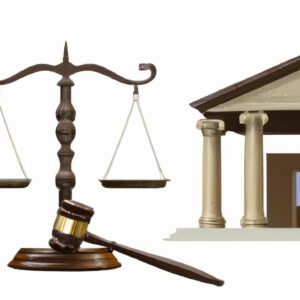
Finding out if someone is dead can be a daunting task, but there are simple steps you can take. Look for signs of breathing, check for a pulse, and observe their skin color. If in doubt, seek professional help.
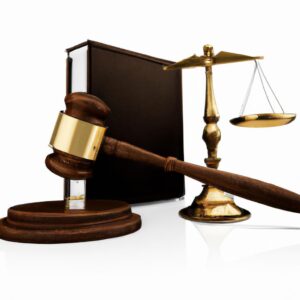
When updating a will, many people turn to a codicil for changes. But does a codicil have to be notarized? Find out the answer to this important question to ensure your legal documents are properly executed.

Are you wondering if a probate bond is refundable? The answer depends on various factors such as the specific type of bond and the terms of the agreement. Let’s dive into the details to help clarify any confusion surrounding probate bonds and refunds.

A death certificate is a vital document that serves as an official record of someone’s passing. It is often required for legal and financial matters, as well as for insurance claims and closure of accounts. Without it, navigating the aftermath of a loved one’s death can be challenging and complicated.

Tod Bene on File” is a mysterious phrase that has been popping up in ancient manuscripts, sparking intrigue among historians and linguists. What does it mean and why is it appearing now? Let’s delve into the enigmatic origins of this cryptic message.

Trust estate refers to the assets held in a trust for the benefit of another person. It is a legal arrangement where a trustee manages the assets according to the wishes of the trustor. Trust estate often includes property, investments, and other valuable assets.
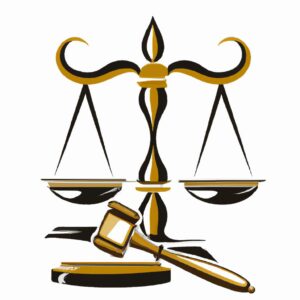
A common question among individuals needing to draft a will is whether a notary can legally do so. Let’s delve into the role of a notary in the creation of a will and their limitations in handling such legal documents.
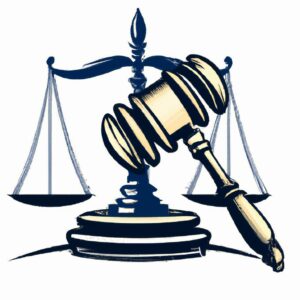
If the executor of an estate refuses to act, beneficiaries may feel lost and frustrated. It’s important to seek legal advice, try to communicate with the executor, and consider petitioning the court for removal. The process may be challenging, but it’s essential to ensure the proper administration of the estate.

Inheriting a car title can be a bittersweet experience, as it comes with both sentimental value and legal responsibility. Understanding the process and potential challenges can help navigate this unique situation with ease.

When it comes to making decisions about your healthcare in advance, it’s important to understand the differences between a health care proxy and a living will. Both documents serve different purposes in ensuring your wishes are carried out when you are unable to communicate.

Estate and trust advisors play a crucial role in helping individuals navigate the complexities of wealth management and inheritance planning. Their expertise and guidance ensure that legacies are preserved and passed on smoothly to future generations.
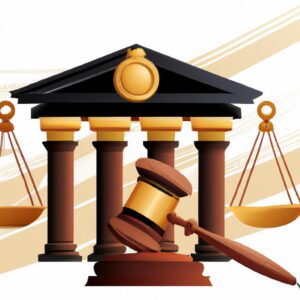
When a loved one passes away, it is essential to obtain a death certificate for legal purposes. But can anyone apply for a death certificate? Let’s dive into the process and requirements to ensure a smooth and efficient application process.

Thinking about tackling your own estate planning? While it’s possible, it’s crucial to consider all factors. Seek professional advice to ensure your wishes are carried out smoothly.

Learn how to execute a quitclaim deed effortlessly with our step-by-step guide. From understanding the basics to filling out the form correctly, we’ve got you covered. Say goodbye to property ownership stress!

Have you ever heard someone wish you “Godspeed” before a journey or new endeavor? Find out the origins and meanings behind this timeless phrase that has been used for centuries to convey good wishes and safe travels.

Protecting assets from nursing home costs can be a daunting task, but with careful planning, it is possible to safeguard your hard-earned investments. From setting up trusts to understanding Medicaid eligibility criteria, there are various strategies available to help shield your assets from being depleted by long-term care expenses.

Discover clever strategies to prevent the gift tax from diminishing your generosity. From annual exclusions to lifetime exemptions, learn how to navigate this tax obstacle gracefully.

Probate sales can be a great way to score a deal on a house, but they come with their own set of challenges. From navigating the court process to understanding the bidding process, here’s how to successfully buy a probate sale house.

When a loved one passes away, the burden of arranging a funeral can be overwhelming. But what happens if you can’t afford to bury someone? In these challenging times, it’s important to explore all options and resources available to give your loved one a dignified farewell.

Getting your will notarized is a crucial step to ensure your final wishes are legally binding. By having a notary witness and authenticate your signature, you can have peace of mind knowing your estate will be handled according to your wishes.
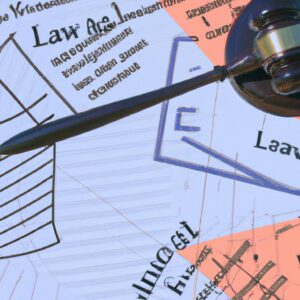
The right to partition allows co-owners of property to legally divide or sell their shares. It provides a clear framework for resolving disputes and ensuring fair treatment for all parties involved.

When writing your will, remember to include beneficiaries, assets, debts, and guardians for minors. Don’t forget to review and update it regularly to ensure your wishes are accurately reflected.

When it comes to estate planning, understanding the difference between a beneficiary and a will is essential. While a will outlines your wishes, a beneficiary designation can streamline asset distribution. Both play important roles in ensuring your legacy is preserved.
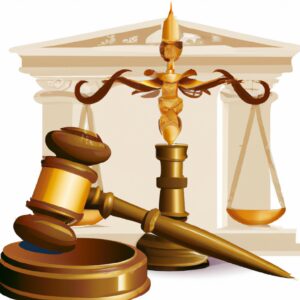
There has long been speculation surrounding the fate of Walt Disney’s body. Rumors suggest that he was cryogenically frozen, waiting to be brought back to life in the future. But is there any truth to this intriguing theory? Let’s delve deeper into the mystery surrounding Disney’s final resting place.
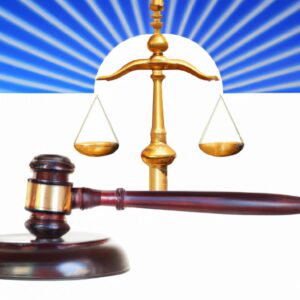
Discovering that your name is on a deed but not the mortgage can be confusing. Despite not being financially responsible, you still have certain rights as a property owner. It’s important to understand your legal position in this situation.

When faced with the loss of a loved one, navigating the details of travel can be overwhelming. Many airlines offer bereavement discounts to ease the burden of last-minute flights, providing a small measure of comfort during a difficult time.